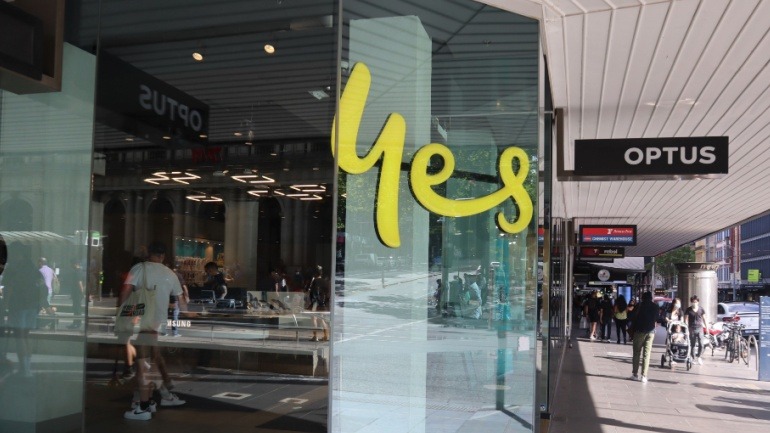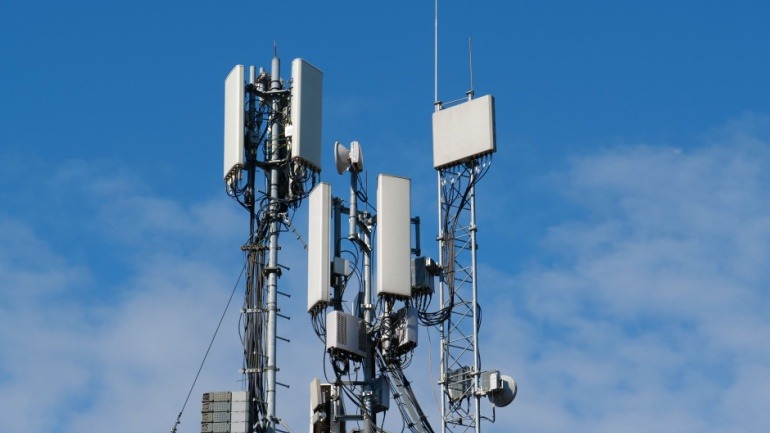Optus faced another significant network disruption in southeast Melbourne, impacting 14,000 customers. This outage resulted from an aerial fibre break linked to copper theft, leaving users unable to connect with emergency services.
The recent Optus network outage in Australia underscores the importance of reliable VoIP services, especially for emergency connections. Highlighting the fragility of telecom infrastructure, the incident led to failed emergency calls, raising concerns about network resilience. VoIP providers must prioritize robust systems and risk management to prevent such failures.
Optus, a major player in Australia’s telecommunications landscape, has been fined AU$100 million for exploitative practices targeting vulnerable customers. This scandal underscores the need for ethical conduct in the VOIP industry. Predatory tactics spanning years highlight the critical importance of trust and integrity in providing VOIP services to underserved communities.
Optus has partnered with Nokia to boost its 5G voice services using Nokia’s Cloud Native Communication Suite. The system will unify 4G and 5G cores on cloud platforms, improve efficiency, and reduce energy use.
Optus and Ericsson are introducing advanced 5G antennas in Australia, aiming to boost coverage while reducing energy use. Real-world tests show strong performance with lower power consumption. This partnership supports growing data demands and sustainability goals, ensuring reliable streaming, gaming, and video calls.
Nokia and Optus are revolutionizing Australia’s rural connectivity with cutting-edge 5G technology. By incorporating Nokia’s ReefShark System-on-Chip and Levante baseband solutions, Optus aims to offer enhanced coverage and speeds. This strategic partnership highlights sustainable network upgrades, boosting connectivity and reducing energy consumption.
Optus is boosting its regional 5G network with Nokia’s latest radio and baseband technologies, enhancing coverage, speed, and energy efficiency. This upgrade, enabled by a spectrum-sharing deal with TPG Telecom, supports rising demand in underserved areas while advancing sustainability goals through power-saving innovations.
The wireless telecoms industry experienced growth due to 5G technology. Telstra and Optus will stop pre-installing Google Search as the default on their Android phones. A MedUX report ranked UK fixed broadband providers. The WBBA urges IP network upgrades for 5.5G and 6G services.
Australian telecommunications company Optus has partnered with Cisco to enhance network security for its business customers. As remote work and reliance on VoIP and Software-as-a-Service increase, this collaboration aims to address complex cyber threats.
Optus is revolutionizing its 5G network by implementing Ericsson’s Interference Sensing technology, a world-first in live networks. This advanced technology dynamically detects and mitigates inter-cell interference, significantly enhancing user throughput and network capacity.













